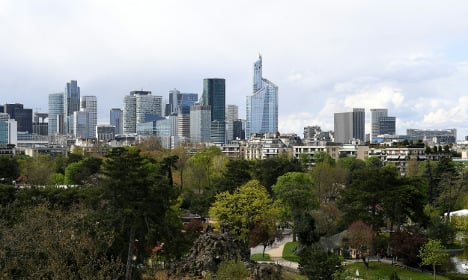
It must be noted that 83 percent of these respondents live in the suburbs, or banlieues, of Paris, so commuting times would be automatically longer than for those living inside the péripérique ring road.
However, 71 percent said they travel for more than 30 minutes to get to work.




 Please whitelist us to continue reading.
Please whitelist us to continue reading.
Member comments